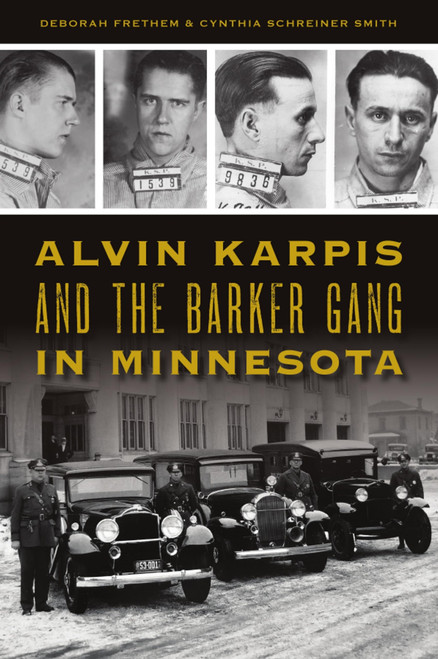About the year of our Lord 997, Adelbert, Bishop of Prague, with two companions, set out on a missionary tour to the shores of the Baltic. The savage inhabitants killed him. Still Christianity gradually gained ground. As the ages rolled on, idolatry disappeared, and nominal Christianity took its place. The people were poor, ignorant, widely dispersed, and but partially civilized. During weary centuries, as generations came and went, nothing in that region occurred of interest to the world at large. When, in the sixteenth century, Protestantism was rejected by Southern Europe, it was accepted by the inhabitants of this wild region. At the commencement of the eighteenth century, there was found upon the southern shores of the Baltic a small territory, about as large as the State of Massachusetts, called the Marquisate of Brandenburg. The marquis belonged to a very renowned family, known as the House of Hohenzollern. At the distance of some miles east of this marquisate, there was a small duchy called Prussia. The Marquis of Brandenburg, who had come into possession of the duchy, being a very ambitious man, by skilful diplomacy succeeded in having the united provinces of Prussia and Brandenburg recognized by the Emperor of Germany as the kingdom of Prussia. The sovereigns of Southern Europe looked quite contemptuously upon this newborn and petty realm, and were not at all disposed to receive the parvenu king into their society as an equal. Berlin was the capital of the Marquisate of Brandenburg: Konigsberg was the capital of the Duchy of Prussia. Though the marquis, Frederick, was crowned at Konigsberg, he chose Berlin as the capital of his new kingdom. He took the title of Frederick I. The king had a son, Frederick William, then ten years of age. As heir to the throne, he was called the Crown Prince. When eighteen years of age, he married Sophie Dorothee, his cousin, a daughter of George, Elector of Hanover, who subsequently became George I. of England. On the 24th of January, 1712, a son was born to the Crown Prince, who received the name of Frederick, and subsequently became renowned in history as Frederick the Great. The babe, whose advent was hailed throughout the kingdom with so much joy as heir to the crown, had at that time a sister, Wilhelmina, three years older than himself. At the time of the birth of Frederick, the monarchy was but twelve years old. His grandfather, Frederick I.; was still living; and his father was Crown Prince...
The History of Prussia
MSRP:
Was:
Now:
$25.30 - $30.20
(You save
)
- SKU:
- UPC:
- 9781519537553
- Maximum Purchase:
- 3 units
- Binding:
- Paperback
- Publication Date:
- 2015-11-26
- Author:
- John Abbott
- Language:
- english

Brand: Schiffer Pub Ltd
R.S. Prussia: The Art Nouveau Years (A Schiffer Book for Collectors)
MSRP:
Was:
Now:
$25.69 - $38.23

Brand: Collector Books
R. S. Prussia Popular Lines Identification and Value Guide
MSRP:
Was:
Now:
$53.30 - $61.70

The History Press
Alvin Karpis and the Barker Gang in Minnesota (True Crime)
MSRP:
Was:
Now:
$22.21 - $30.06

Regnery History
The Venona Secrets: The Definitive Expos of Soviet Espionage in America (Cold War Classics)
MSRP:
Was:
Now:
$20.94 - $29.09
!






